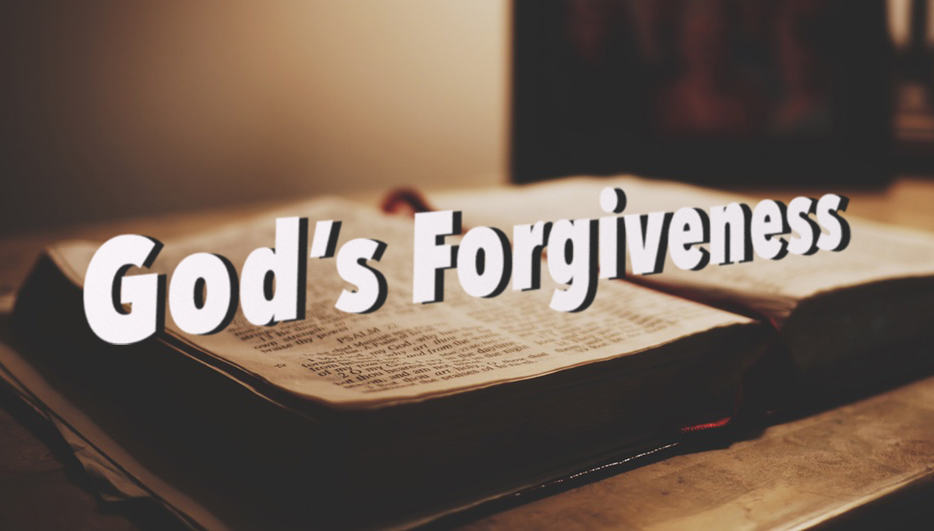
The Embrace of Divine Forgiveness and Love
Throughout the history of human existence, the threads of Divine forgiveness and love are interwoven with our every experience. The concept of God’s forgiveness is a cornerstone in many religious texts, offering solace and hope to those who seek redemption. It’s so comforting to explore the depth of God’s forgiveness and His undeniable love for us, supported by scriptures that serve as pillars of faith for believers. It brings joy into the heart of the believers to realize and understand the depth of His compassion and love for us. It brings a sense of hope and light into our hearts, mind, body and soul to accept Him as our LORD and Savior.
God’s Forgiveness: A Testament to Love
The act of forgiveness is a testament to the boundless love that God holds for His creation. In the Christian tradition, the Bible speaks volumes of this through various passages:
- 1 John 1:9 states, “If we confess our sins, He is faithful and just to forgive us our sins and to cleanse us from all unrighteousness.” This verse reassures us that confession leads to redemption.
- Psalm 103:12 illustrates the extent of God’s forgiveness, “As far as the east is from the west, so far has He removed our transgressions from us.” It signifies the complete erasure of our wrongdoings through His mercy.
- Ephesians 2:4-5 echoes this sentiment, “But because of His great love for us, God, who is rich in mercy, made us alive with Christ even when we were dead in transgressions—it is by grace you have been saved.” Here, love and forgiveness are intertwined, highlighting salvation as a gift of grace.
The Moral of Forgiveness
The moral of forgiveness is not merely about receiving it but also about extending it to others. As we are embraced by God’s forgiveness, we are called to mirror that forgiveness in our interactions. Matthew 6:14-15 advises, “For if you forgive other people when they sin against you, your heavenly Father will also forgive you. But if you do not forgive others their sins, your Father will not forgive your sins.” This reciprocal nature of forgiveness is a moral lesson that fosters compassion and empathy within communities.
Questions for Reflection
- How can we embody the forgiveness that we have been granted?
- In what ways can we demonstrate God’s love through our actions towards others?
- What steps can we take to seek forgiveness for our own transgressions?
In conclusion
God’s forgiveness and love are undeniable forces that shape our spiritual journey. They are gifts that not only free us from the shackles of our past but also empower us to live a life of purpose and connection with the divine and with each other.
“Dear Heavenly Father, we come before You in humility, grateful for Your unfathomable forgiveness and love. May we walk in the light of Your grace, reflecting Your mercy in our lives. Help us to forgive as we have been forgiven, to love as we have been loved, and to extend Your compassion to all. Guide us in Your truth and keep us close to Your heart. Amen.”
